The Difference between an Echocardiogram and Electrocardiogram (ECG Vs ECHO)
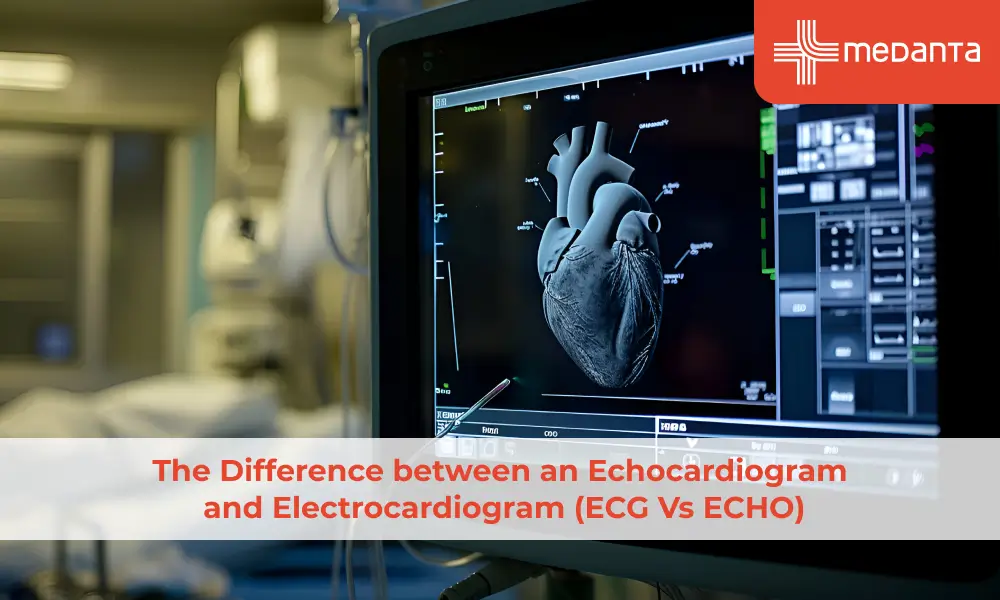
What Is An Electrocardiogram And How Does It Work?
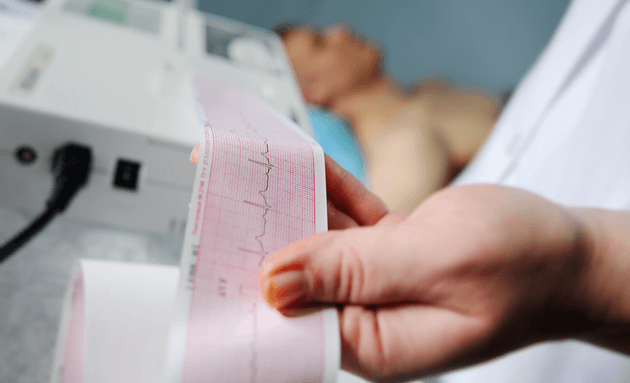
An electrocardiogram (ECG) is a machine doctors use to measure the electrical activity of your heart. Every time your heart beats, an electrical impulse is created. This impulse then travels through the heart and helps the heart pump blood. Doctors use ECGs to gauge whether the electrical activity of your heart is normal or not.
An electrocardiogram charts the electrical rhythm of your heart in the form of waves. The ECG printout of a healthy heart will have a consistent shape and will look like the image above. Waves that are inconsistent, irregular, or non-standard can be a sign of heart disease. The purpose of an electrocardiogram is to help your doctor understand the health of your heart and check for any abnormalities.
What's an Echocardiogram And How Does It Work
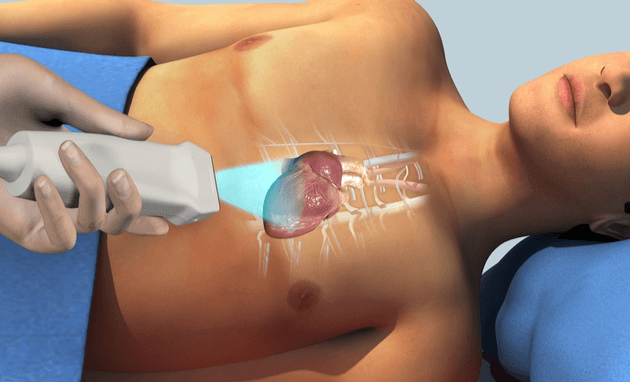
An echocardiogram is a live-imaging test doctors use to monitor your heart activity. The test delivers a live view of the heart by using sound waves that bounce off your heart to produce an image of your heart and valves. It is also called an Echo test for this reason.
An Echocardiogram works on the lines of an ultrasound machine to produce a live image of your heart. Echocardiograms can help physicians view live feeds of a beating heart to get important functional data about your heart health.
How Are The Tests Done?
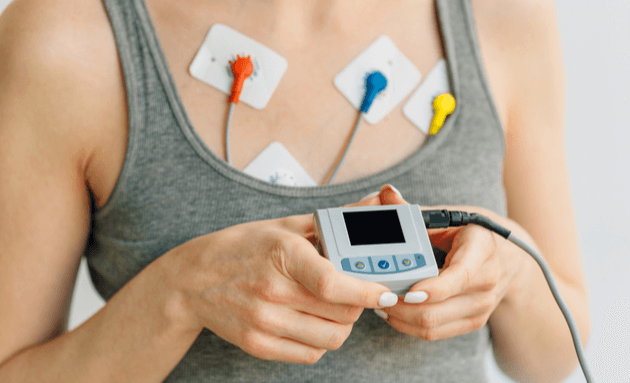
An ECG test typically takes 5 to 10 minutes. Your physician will attach around 10 sticky pads at different locations around your chest that in turn lead into the machine. The machine will then begin to track your heart's electrical activity and begin to generate an electrocardiogram of your heart's rhythm.
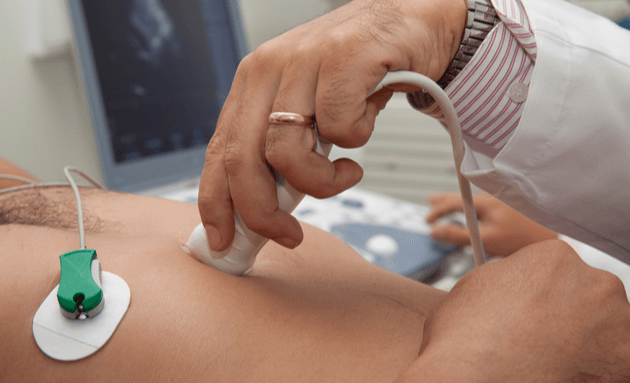
Echocardiograms are a 20-minute affair (5 minutes of preparation time and 15 minutes for the procedure). The doctor will apply an ultrasound conductive gel on your body and then run the ultrasound probe over your chest to get the requisite images.
When Do You Need Them?
Electrocardiograms are common tests that are recommended if:
- You have a scheduled heart surgery
- You are experiencing symptoms of a heart attack or a stroke
- You have a medical condition that puts you at risk of heart diseases like hypertension, diabetes, or high cholesterol
- You have other risk factors such as family history of heart disease, smoking, alcohol abuse, obesity, or are above a certain age
Echocardiograms on the other hands are recommended by doctors to confirm the signs and symptoms of heart disease. Here are some reasons you might need to undergo an echocardiogram:
- Defects in your heart’s chambers and valves
- Diagnose the cause for issues like chest pain or shortness of breath
- Defects in unborn foetuses






